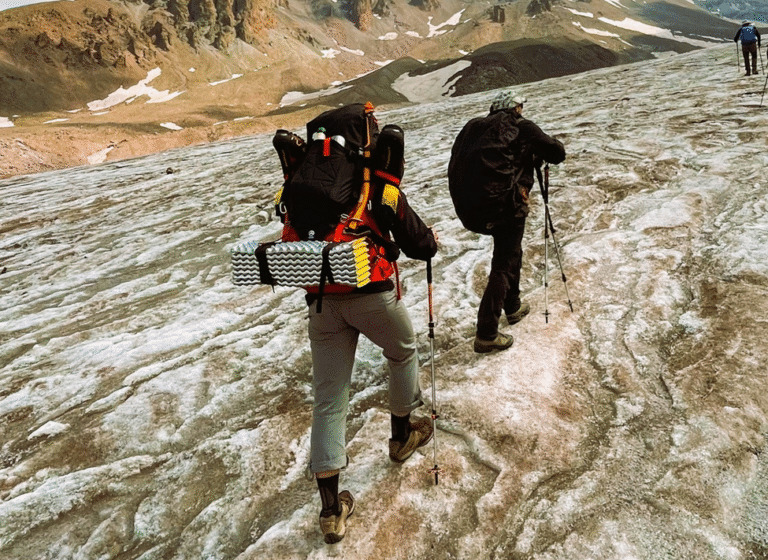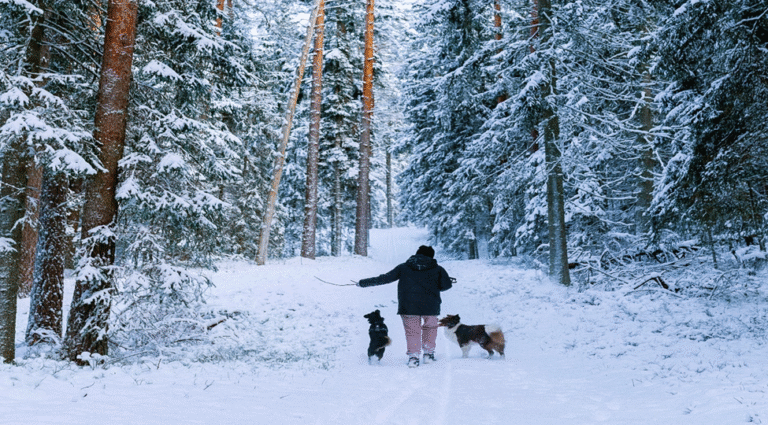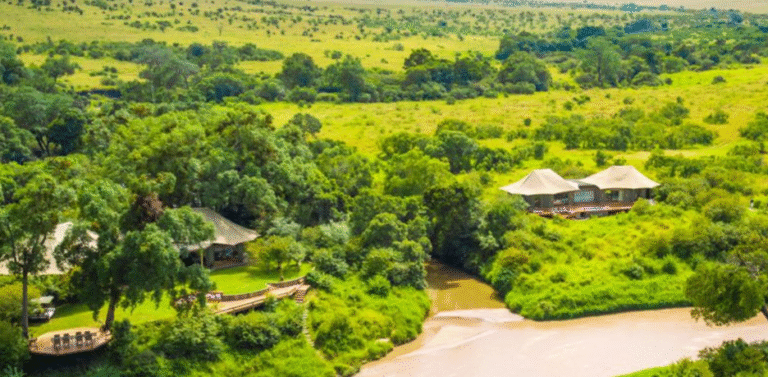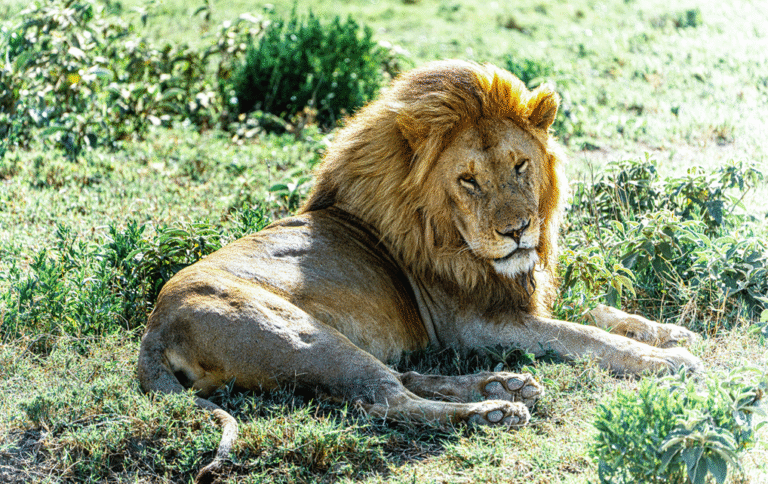
Kruger National Park is a world-famous safari destination. Its breathtaking wildlife attracts visitors from all over the globe. However, it’s essential to consider health risks before visiting. One common question is whether the park is a malaria-risk area.
Malaria in Kruger National Park
Yes, Kruger National Park is a malarial risk area. Malaria is a mosquito-borne disease seen in certain areas of South Africa. The park’s warm, humid climate promotes mosquito breeding. Visitors must exercise caution, especially during the wet season.
When Is the Malaria Risk Highest?
The risk of malaria in Kruger National Park goes up during the rainy season. The season usually lasts from November until April. Mosquito numbers peak during these months. The dry season, which lasts from May to September, poses a lower risk.
Who Is Most at Risk?
Malaria can affect anyone who has been bitten by an infected insect. Children, pregnant women, and older people are more at risk. Visitors who plan to spend a significant amount of time in the park should exercise extreme caution. Proper prophylaxis reduces the danger greatly.
Preventing Malaria in Kruger National Park
Taking steps is critical to a safe stay. DEET-based insect repellents can help keep mosquitos away. Wear long-sleeved clothing, especially in the evenings. Sleep beneath insecticide-treated mosquito netting. Stay in a room with either screened windows or air conditioning.
Antimalarial Medication
It’s a good idea to talk to a doctor before your trip. Antimalarial medication reduces the risk of infection. Common options include doxycycline and atovaquone-proguanil. Follow the prescribed dosage and schedule carefully.
Recognizing Malaria Symptoms in Kruger National Park
Finding malaria early is important for quick treatment. Common symptoms are fever, chills, headache, and sore muscles. If you have these symptoms, seek medical attention right once. Early therapy promotes speedier recovery and reduces problems.
Is Malaria a Barrier to Visiting?
Malaria should not stop you from visiting Kruger National Park. With the right safeguards, the danger can be effectively avoided. Every year, hundreds of guests enjoy the park in a safe manner. Awareness and preparation are essential for a safe and enjoyable trip.

Despite malaria risks, Kruger National Park remains a popular tourist destination. Its wide landscapes and diverse species set it apart. Visitors can engage in activities such as watching the Big Five and staying in luxurious lodges. With careful planning, the vacation may be both safe and enjoyable.
FAQ’s
Is Kruger National Park a malaria-risk area?
When is malaria risk highest in Kruger National Park?
How can I protect myself from malaria in the park?
Do I need antimalarial medication for Kruger National Park?
Are there low-risk times to visit Kruger National Park?
What should I do if I experience malaria symptoms?






